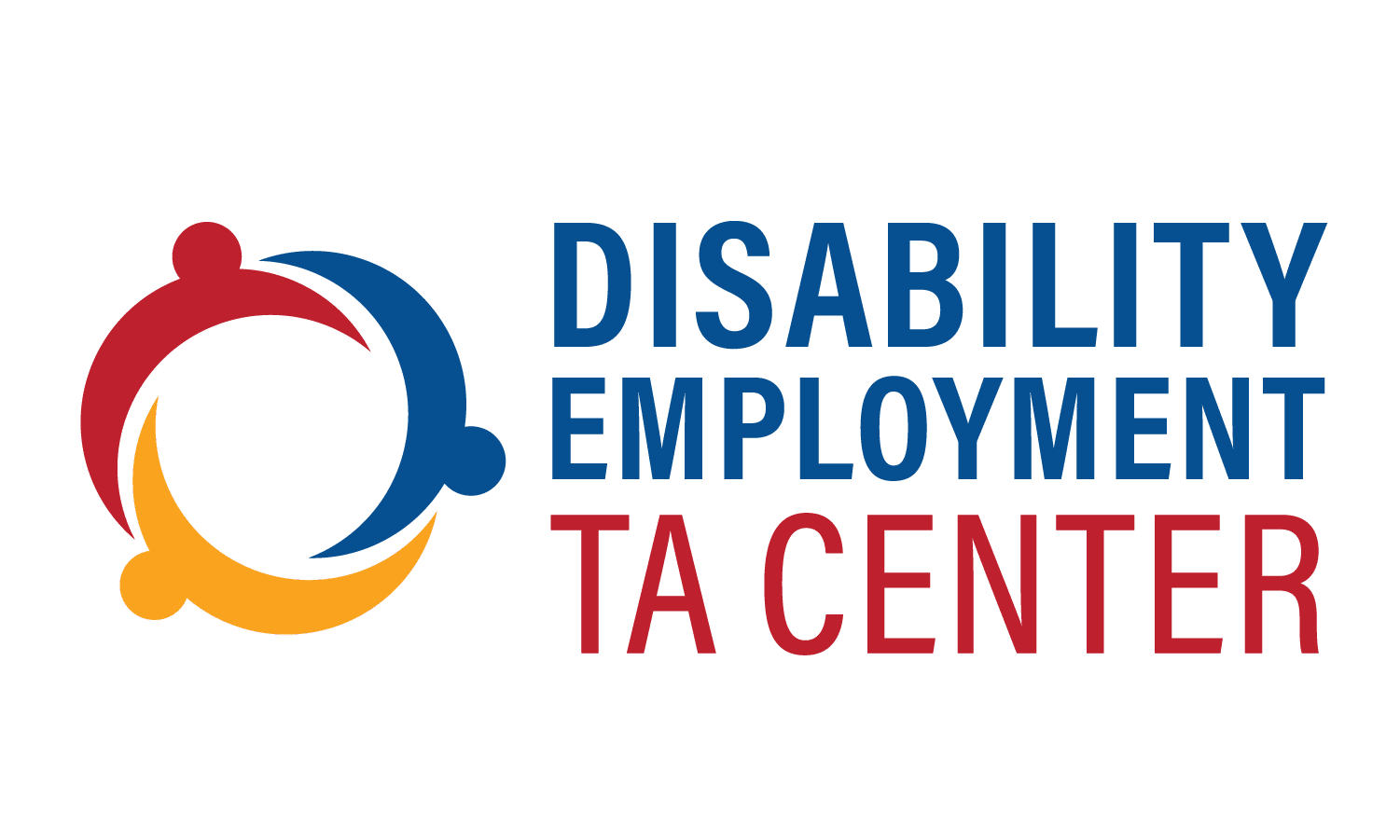A New Results In Systems Excellence (RISE) Peer e-Learning Community Open to all AoD grantees – Centers for Independent Living, Councils on Developmental Disabilities, University Centers for Excellence in Developmental Disabilities Education, Research, and Service, Protection & Advocacy Entities, Traumatic Brain Injury Programs, and Projects of National Significance (CCE programs).
SPACE IS LIMITED, SO APPLY NOW at:
https://forms.gle/qMWwB61UZLTJKC536
APPLICATIONS DUE: May 2nd, 2022
LAUNCH MEETING: May 5th, 2022, 3:00-4:30 PM/EST
As Administration on Disabilities (AoD) grantees, you know the potential of competitive, integrated employment (CIE) to facilitate full social, civic, and economic participation for individuals with disabilities. Whether supporting individuals with disabilities for work or in preparation for work – achieving economic self-sufficiency is an important goal of the American with Disabilities Act (ADA). Yet, until recently, people with disabilities (the largest minority group) have been overlooked in the collection of important national financial data and research. New empirical data from national financial capability reports by Financial Industry Regulatory Authority (FINRA), Federal Deposit Insurance Corporation, and the National Disability Institute (NDI) (2015-2019) confirmed that 60% of individuals with disabilities fall under the Low Moderate Income (LMI) category and were more likely than those without disabilities to be in poverty and to be unbanked. For the first time in history, we have data that describes the banking and financial characteristics of individuals with disabilities. This new data creates important opportunities to improve the economic self-sufficiency and employment outcomes for LMI individuals. Many individuals with disabilities are left out of the fast-growing financial technology industry (online banking, apps, etc.), savings, and planning for the future due to lack of access, resources, knowledge, or enduring myths about work and loss of public benefits. The modernization of financial services, products, and legislation must include the needs of individuals with disabilities entering the world of competitive integrated employment (CIE).
THE FOCUS
The Community Reinvest Act (CRA) added disability as one of its Low Moderate-Income categories (because the empirical data research mentioned above, proved that 60 percent of individuals with disability fall under LMI) creating new funding for the financial education of individuals and organizations serving individuals with disabilities. Understanding what this means and the potential to leverage bank resources in partnerships with community-based public and private systems presents new opportunities seldom available to the disability community. The CRA activities include (but are not limited to) building community presence through new partnerships, seizing new employment opportunity in the financial services arena, or improving lives through financial education conducted by bank employees. There is great potential in this for grantees to leverage resources through financial institutions to help raise awareness, develop new partnerships, and connect people with disabilities to financial tools.
OUR COMMUNITY PURPOSE
The purpose of the Financial Inclusion Matters in Achieving Economic Self-Sufficiency and Employment e-Learning Community is to identify, prioritize, and adopt solutions (tapping experts and existing work in the field of disability) to unravel opportunities and improve CIE and economic self-sufficiency for individuals with disabilities.
Today, youth with disabilities on Supplemental Security Income (SSI) can save for college through an ABLE Account. Or an adult on SSI can save an inheritance or settlement in a special program that pools their resources with others. You can now partner with your local financial institution and/or community-based public or private organizations serving LMI populations (through CRA requirements) to brainstorm the mutual benefit of working together. There is also the option to receive information on the tax incentives, deductions, and refunds that may compliment savings or add extra resources to a customer’s budget without jeopardizing public benefits. These programs were developed to meet the needs of individuals with disabilities looking for a better life without fear of losing their benefits. As we are in the digital age of finances and employment it is necessary for organizations working with individuals with disabilities to be part of this important conversation.
If you are interested in becoming part of this exciting work but not sure if you have the resources, staff, or bandwidth, this is for you. Please join us and the national experts to:
- Understand the intersectionality of the fast-changing landscape of financial inclusion and how it affects customers with disabilities,
- Explore new savings tools/policies and how they impact customers interacting with various public agencies (ABLE Accounts and Special Needs Pooled Trusts),
- Refresh your knowledge of current tax incentives, deductions, and refunds,
- Learn about the new CRA opportunities for your organization and how it could help your staff, fund, and develop financial education program in partnership with local public/private partners, and
- Develop a one-pager for engaging a new non-disability community financial partner(s), within your community, to begin a new conversation.
Please join us as we review the fast-changing landscape of financial inclusion for people with disabilities. We will learn about new tools; new policy; free financial education resources; explore new perspectives; listen to experts; review best practices and challenges; and develop new strategies to leverage collaborative partners in your communities to advance competitive, integrated employment for people with disabilities.
Session Structure
Virtual Classes: 10 sessions
Dates: May through August 2022
Time: Thursdays 3:00-4:30 ET
Co-Facilitator: Dr. Johnette Hartnett/JH Group LLC
Session Links: Zoom Meeting links will be provided once grantees have been accepted into the e-Learning Community (accommodations provided based upon request). The links will be sent from the DETACs Gmail Account, AoDEmploymentTA@Gmail.com.
For more details, you may review the schedule and outline of the RISE community here.
SPACE IS LIMITED, SO APPLY NOW! Applications are due May 2, 2022.

